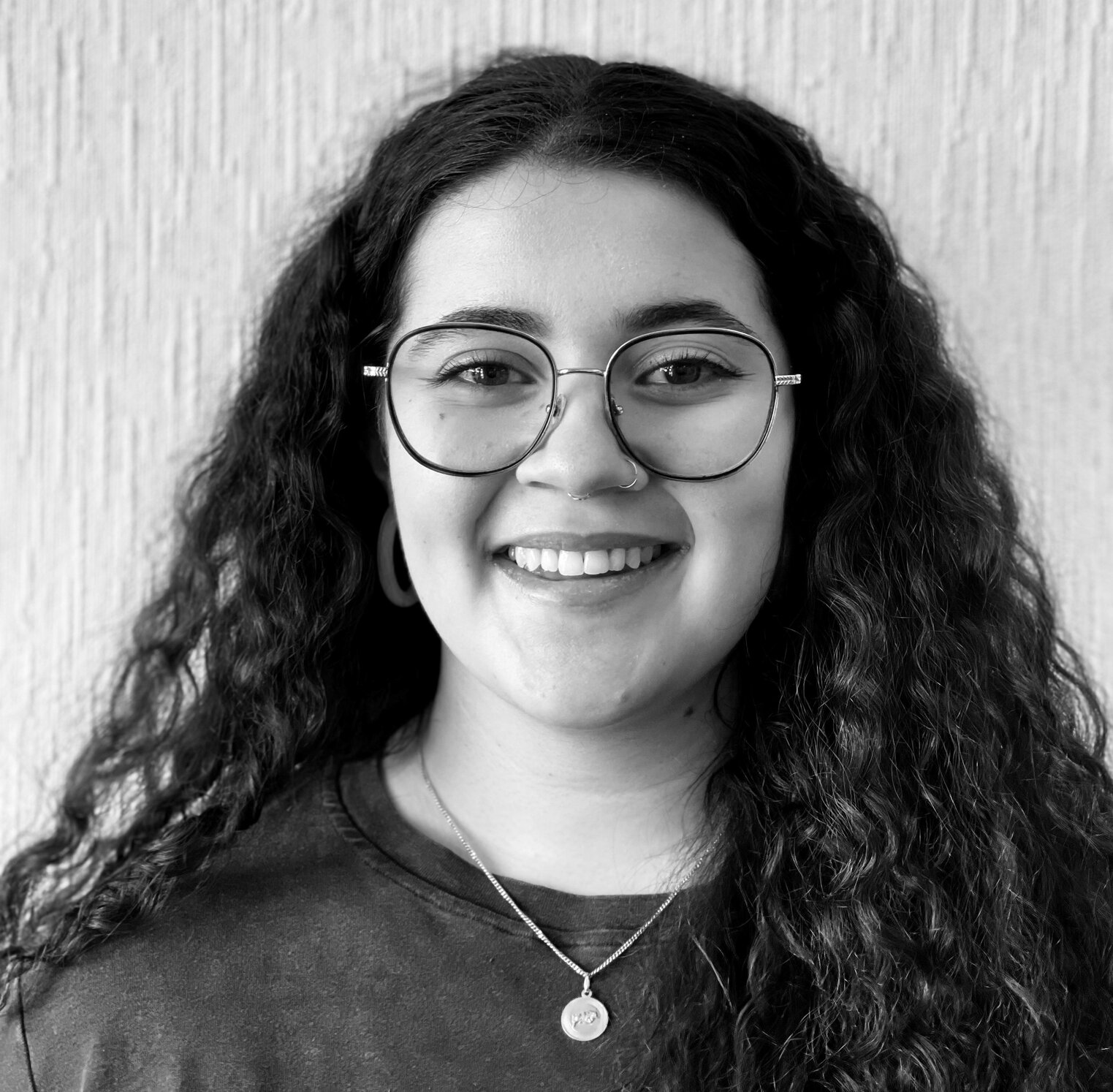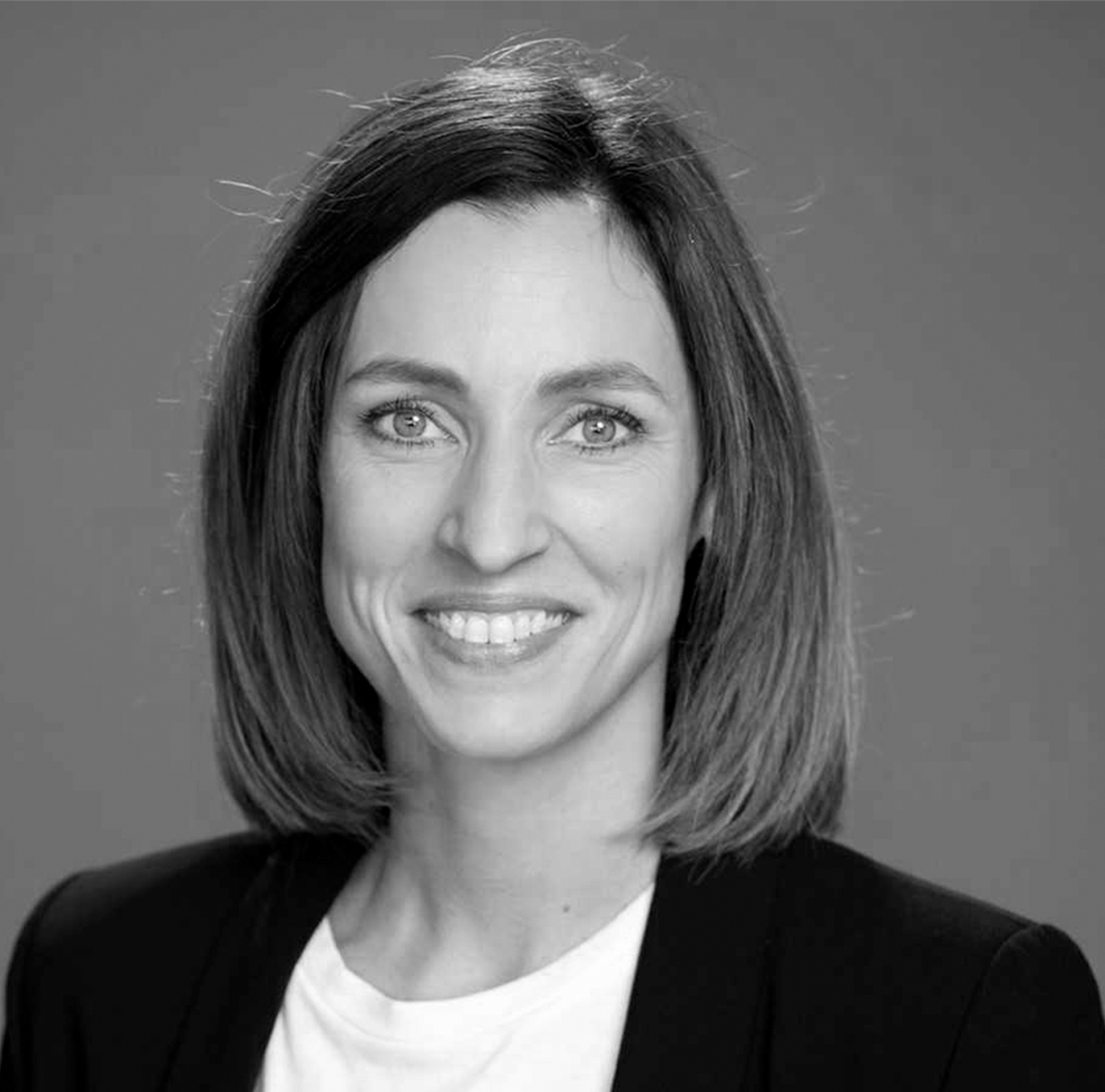Who We Are
The Global Observatory for Gender Equality & Sport
Advancing progress for women, physical education, physical activity and sport
What is the Global Observatory?
Recognizing the urgent need for collective action, the Global Observatory for Gender Equality and Sport (The GO) was established to advance gender equality and empower women and girls in all their diversity in and through physical education, physical activity, and sport (PEPAS). This initiative originated from UNESCO’s 4th International Conference of Ministers and Senior Officials Responsible for Physical Education and Sport (MINEPS IV) in Athens, Greece, in 2003. The commitment to the GO was reinforced by the 2017 Kazan Action Plan (KAP) at MINEPS VI, in Kazan, Russia and further reaffirmed at MINEPS VII in Baku, Azerbaijan, in 2023, with support from over 100 member states.
Established in July 2021 under UNESCO’s auspices, the GO is based in Lausanne, Switzerland, and is supported by the Canton of Vaud, the City of Lausanne, and the University of Lausanne (UNIL). The Swiss Federal Department of Foreign Affairs (DFAE) is a key partner, enhancing the Observatory’s global impact. We collaborate with governments, research institutes, civil society, the private sector, international sports federations and organizations, and UN entities at global, regional, and national levels.
Kazan Action Plan
Feasibility Study coordinated by UNESCO
Creation of the Global Observatory
Global Observatory's Development
The GO Strategy
Vision
A gender-equal, fair, safe, healthy and inclusive future for women and girls in all their diversity, throughout their life-cycle, in and through physical education, physical activity and sport (PEPAS).
Mission
Our mission is to advance gender equality for women and girls in all their diversity through physical education, physical activity, and sport (PEPAS). We achieve this through rigorous enquiry and research, coordinating and facilitating collaborative efforts and initiatives for multilevel and multi-sector capacity-building, and providing technical support.
As a data-driven, purpose-led, and people-centred association, we aspire to serve as a central hub for knowledge, networking, mobilisation and advocacy concerning gender equality in PEPAS. We aim to act as a catalyst for collective and transformative action, fostering positive change on a global scale.
Our goal is to address gender inequalities comprehensively and cultivate safe, equitable, and inclusive environments within the sports ecosystem and beyond.

Pillar 1
Act as a Centralized Repository and
Knowledge Hub
Consolidate existing research, knowledge initiatives, expertise, and campaigns, gather good practices, develop evidence-based capacity-building programmes, and stimulate innovative and strategic research to bridge existing gaps.
Strategic priority 1.1: Foster cross-sector and cross- regional partnerships to advance research, provide evidence and establish independent, harmonized monitoring and evaluation (M&E) methodologies. This includes mobilizing expertise, centralizing multidisciplinary research networks, and promoting cross sector analyses and learning on gender equality and sport commitments across all regions globally.
Strategic priority 1.2: Support the advancement of multidisciplinary knowledge generation, participatory action- oriented research (PAR), and intersectional analyses to
drive and accelerate progress with cross-sector and -region partnerships, policy development, and evidence-based programmes.
Strategic priority 1.3: Document and develop unified and standardized scorecards by leveraging existing indicators and developing new ones where necessary. These scorecards will facilitate independent monitoring and evaluation (M&E) to track progress, ensure consistency and comparability across different targets and regions in order to uphold accountability.
Strategic priority 1.4: Support governmental and non- governmental stakeholders, worldwide, with data, evidence, and technical support to develop, implement, and track gender strategies and action plans to advance gender equality in and through PEPAS.

Pillar 2
Connect, Coordinate, Convene and Activate
Support a collaborative and coherent intersectional movement for gender equality, women’s empowerment and inclusion in and through PEPAS.
Strategic priority 2.1: Mobilize diverse partners such as governments, UN and other development partners, international sport federations and bodies, civil society/ communities organizations, private sector and research institutions, coalitions and networks.
Strategic priority 2.2: Coordination support for UN and development partners’ policies, strategies, programmes, initiatives and campaigns, thereby enhancing coherence, efficiency and impact.
Strategic priority 2.3: Recognizing that an intersectional, multisectoral and holistic approach is key, we aim to connect and convene across regions, sectors and issues to address the intersecting and multiple drivers of gender inequality.
Strategic priority 2.4: Coordinate a comprehensive and consortium approach for collective action and to maximize impact on communities.

Pillar 3
Advocacy and Communications
Provide a high-level advocacy platform for swift dissemination of information, amplification of messages, and mobilization of support to drive and achieve desired actions and impactful results, respectively. Simultaneously, provide an inclusive space for all stakeholders to contribute and shape responses.
Strategic priority 3.1: Strengthen and amplify messaging and diversify and expand the community of support.
Strategic priority 3.2: Provide the data, advocacy, networks and connections to support the mobilisation of resources and inform investments for programmes.
But as we know, too often women are not supported enough or are discouraged from choosing their path. I hope together we can change that. For me, it was a question of resilience. What others marked as flaws or disadvantages about myself – my race, my gender – I embraced as fuel for my success. I never let anything or anyone define me or my potential. I controlled my future.
Serena Williams, Tennis Player

Our Team

Lombe Mwambwa, PhD
Chief Executive Officer
“I am keen to add my efforts to the development of the GO at this stage, building on the work of all who have contributed to the GO’s formation and evolution. I look forward to deepening collaboration with our stakeholders and partners to bring the GO towards full potential and more importantly, to fulfill our role in the gender equality and sport movements by engaging research and policy towards practice.” Dr. L.M.

Hayley Truskewycz, PhD
Post-Doctoral Researcher and Project Coordinator

Catherine Wieser
Administration Manager and Project Coordinator

Miriam Braskova, PhD
Database Project Manager

Céleste Acevedo
Junior Research & Communication Officer
Academic Support

Lucie Schoch, PhD
Senior lecturer at the UNIL Institute of Sports Sciences

Ben Carr
Doctoral Candidate at the UNIL Institute of Sports Sciences

Bastien Presset, PhD
Postdoctoral Researcher at the UNIL Institute of Sports Sciences

Carole Gomez
Doctoral Candidate at the UNIL Institute of Sports Sciences

